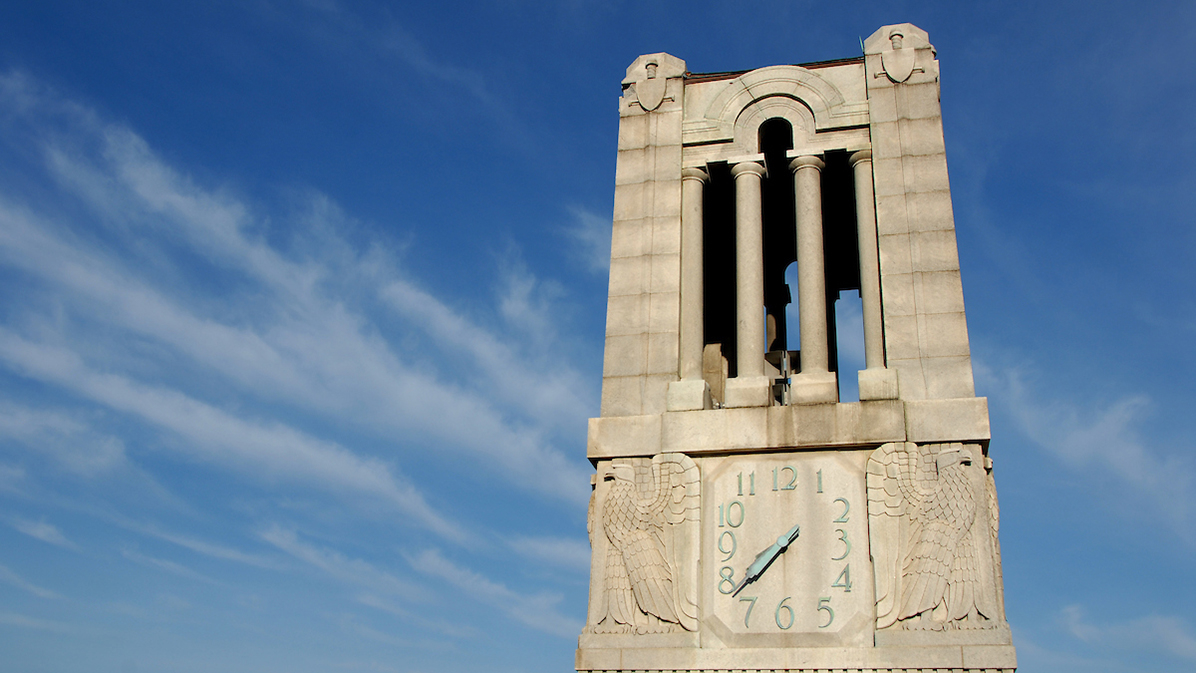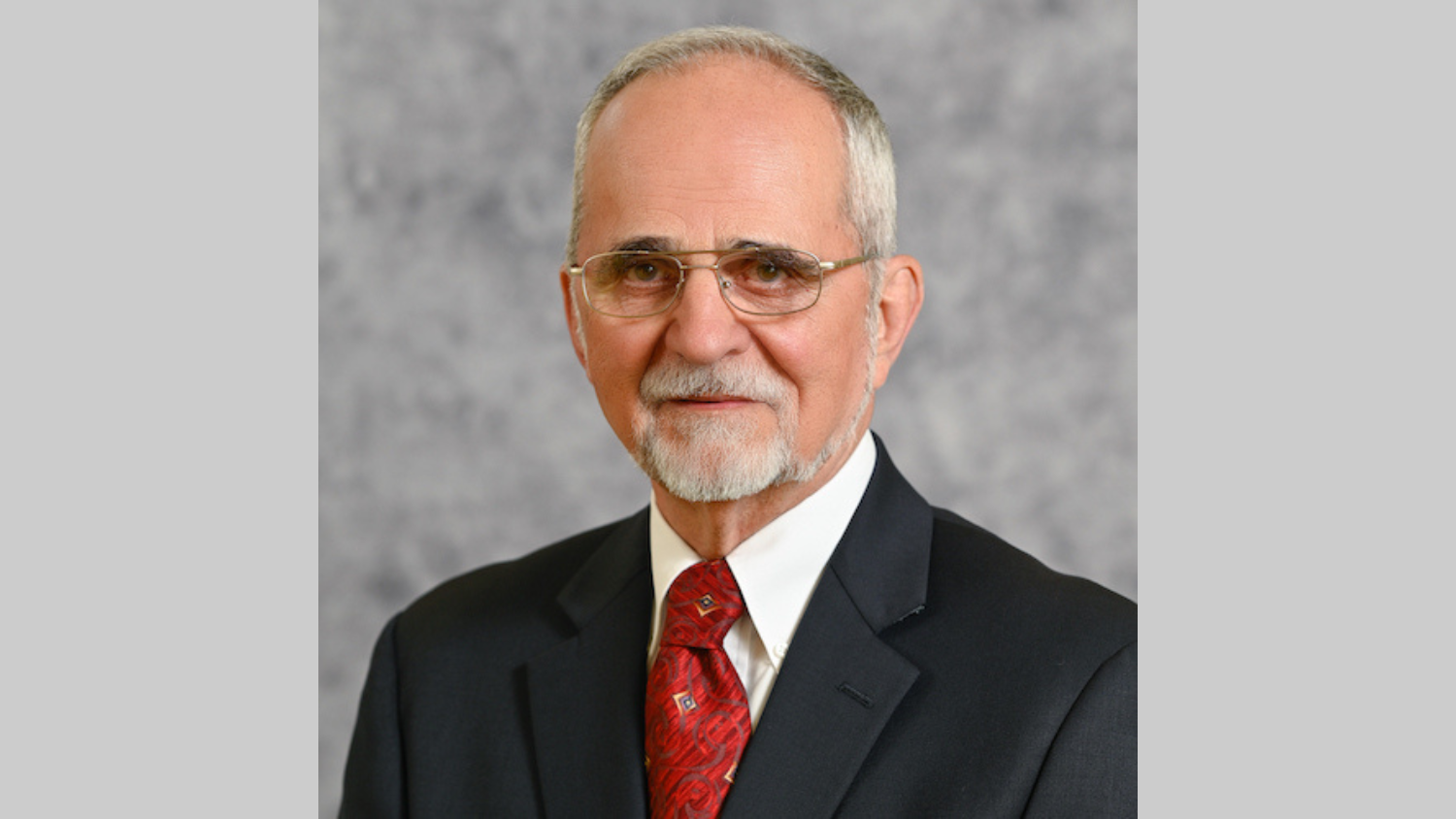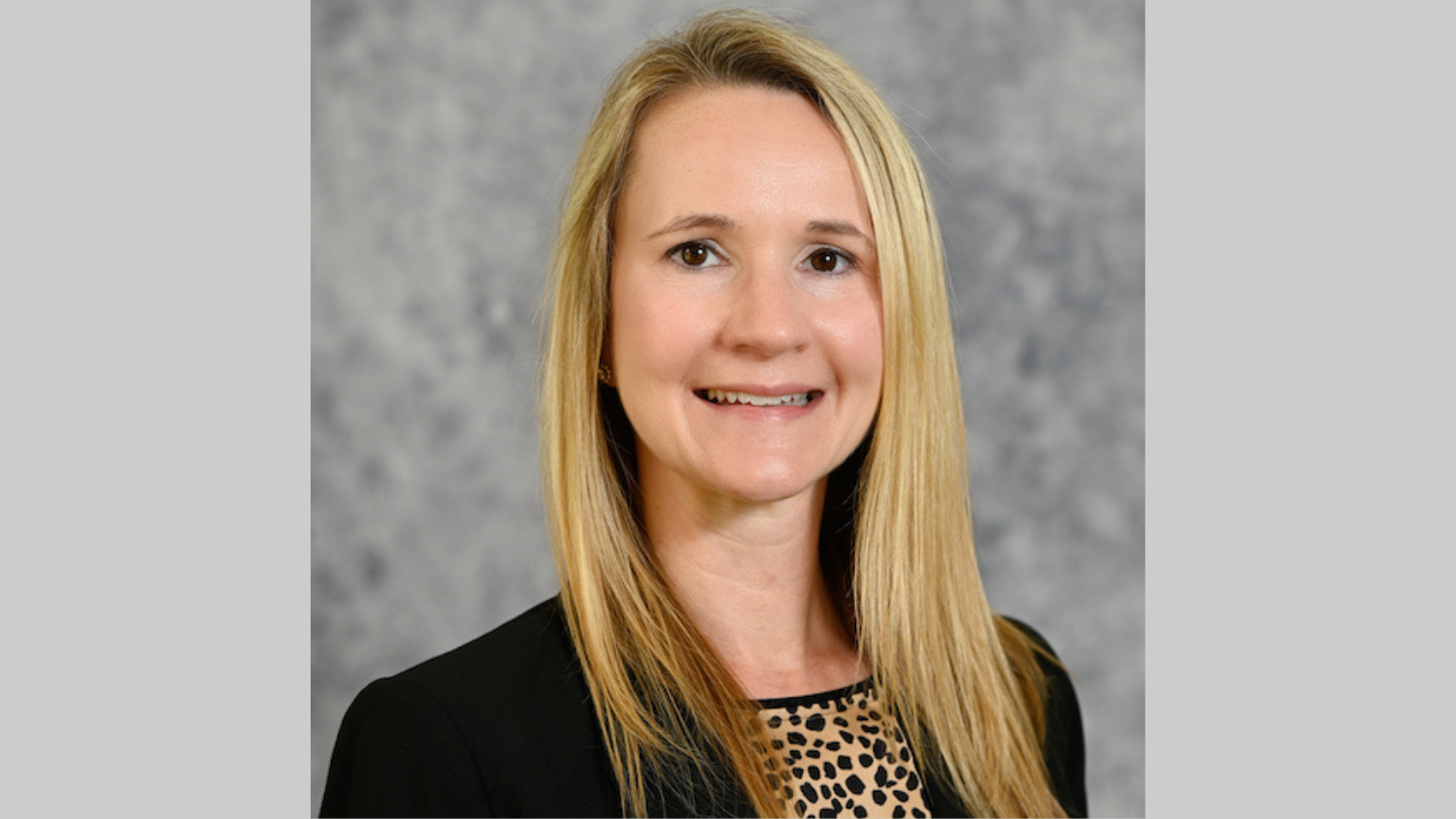Equipping Leaders, Encouraging Service

NC State’s Shelton Leadership Center inspires, educates and develops values-based leaders committed to personal integrity, professional ethics and selfless service. Founded in 2002 by General H. Hugh Shelton, USA (R), former Chairman of the Joint Chiefs of Staff, the center serves the campus community and beyond through experiential education and service opportunities for high schoolers, college students and adults.
Two programs — the Shelton Challenge and General H. Hugh Shelton Annual Leadership Forum — set the stage for the center’s success. The Shelton Challenge, a five-night, six-day summer camp for high school students, gives participants a chance to experience campus life integrated with lessons on Personal Leadership Assessment and Interpersonal Dynamics, Role of Values and Ethics in Leadership, Leadership Traits and Approaches, Teambuilding and Empowering Others, Social Responsibility, Public Speaking, and Goal Setting. The forum, which occurs every November, focuses on values-based leadership development for corporations, educational institutions, community agencies and public officials.

“Our focus on experiential learning and time for reflection set the center and our programming apart,” said Barbara Mulkey, the center’s director. “At any of our events, we might spend 20 minutes out of an hour providing information and spend the other 40 minutes having participants really try to apply what they’ve heard to themselves and their own experiences for today and the future.”
Mulkey, retired founder of Mulkey Engineers & Consultants, joined Shelton Leadership Center nearly two years ago after spending 35 years in the corporate world. Her longtime volunteer efforts within the NC State community led to her familiarity with the center’s programs, which parallelled her passion for service to others.
“We’re in a position now where we really want to take the center to the next level,” said Mulkey. “We want to impact as many students, faculty and staff across the campus as possible. This led us to move into the more centrally-located Hunt Library. We’re also working to improve our communications to let even more people know about our incredible programs.”
Another example of the center’s outstanding programming is the Youth Extension Service program, a partnership with the Department of Agricultural and Human Services in the College of Agriculture and Life Sciences. Each year, the center provides leadership training to 30-50 college students, who spend one weekend a month serving children of military families with a parent deployed or getting ready to deploy. Additionally, the Shelton Scholars Program provides financial assistance to NC State students with a passion to develop as values-based leaders. for future leadership. Every activity or initiative related to the center involves hands-on leadership development with long-lasting positive impacts.
Positioned for Growth
“Our main goal is further integration into the campus community — creating and maintaining programs that serve NC State,” said Mulkey. “We also want to become more sustainable financially and raise endowments so that these life-changing programs can go on in perpetuity.”
This desire for growth led to the addition in the past few years of a cross-disciplinary academic minor that includes courses on critical and creative decision-making, values-based leadership, and internship experiences in leadership. Academic efforts expanded internationally last August, with Dr. Debbie Acker, the center’s associate director, teaching her “Critical and Creative Decision-Making” course to students in the First-Year Inquiry program at the NC State European Center in Prague.
Two other young programs for NC State students also encourage academic and life success. A new entrepreneurial leadership program connects high school students with industry leaders in Rutherford County to encourage youth to return to rural areas after college to encourage economic growth. Mulkey envisions the program eventually expanding to all rural North Carolina counties.
The center also directs the Chancellor’s Leadership Development Program that supports students from rural counties and first-time college attendees. On-campus mentors work alongside the cohort of first-year students to assist with the challenges of college life, and when those students move to their sophomore year, they receive external corporate mentors.
“Our goal for these programs is to raise the percentage of students who come from rural communities who make it to graduation, and then move on to personal and professional success,” said Mulkey. “We want to align our efforts with NC State’s and the University of North Carolina System’s strategic plans, which strive to provide greater access and opportunity to students from rural North Carolina.”
Much of the center’s programming touches students, but also involves university faculty and staff. Any time a new program arises, an advisory board of faculty and staff guide its creation and implementation. Colleges across campus also play a central role in the center’s growth. One example, a partnership with the Poole College of Management, provides leadership training to the civilian component of the Joint Special Operations Command at Fort Bragg.
“We seek to increase the ways in which we can serve faculty and staff at the university,” said Mulkey. “We would eventually like to offer a faculty and staff-specific section of our Etiquette Protocol training, which covers business etiquette and helping people become more comfortable in business interactions. We’re also working to create a database of all the leadership programs taking place across campus — we want to increase our collaborations and become a leadership information hub for others.”
Whether programs and services impact faculty, staff, students or those outside of campus, the goal of instilling values-based leadership remains clear. Learning about how to become a better leader, and to reflect on one’s experiences, makes NC State, its people and the community at large a better place.
“We want to grow because what we do here at the Shelton Leadership Center really does make a difference,” said Mulkey. “We have an incredible staff and we’re all very passionate about what we do. Our efforts strengthen academic success, but also create life and character success. We want to help people form a positive leadership vision for their lives, and serve a greater purpose in the world.”
Learn more about how Shelton Leadership Center supports values-based leadership and experiential education for youth and adults.
This post was originally published in Provost's Office News.
- Categories:


